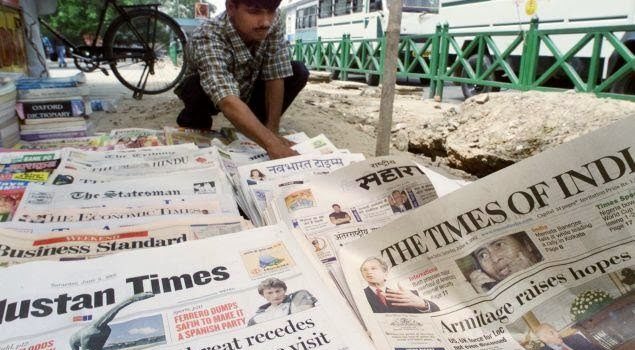Climate Note · May 23, 2017
Media Use and Public Perceptions of Global Warming in India
By Jagadish Thaker and Anthony Leiserowitz
Filed under: Messaging

Developing countries such as India play a critical role in international climate change negotiations due to their rising national emissions and increasing vulnerability. Yet, we currently know little about the factors that influence public understanding and engagement with the issue of global warming in developing countries.
Our article investigating these factors was recently published in the journal Environmental Communication. Entitled “Media Use and Public Perceptions of Global Warming in India,” it is authored by Drs. Jagadish Thaker, Xiaoquan Zhao, and Anthony Leiserowitz.
Based on studies mostly conducted in developed countries, we know that the media plays a critical role in informing the public about climate change and other complex scientific issues.
This study investigated the role of media effects, perceived personal experience, and other potential predictors of Indian global warming risk perceptions and policy support. It drew upon data from a national survey (n=4,031) we conducted in India in 2011.
Overall, we found that greater media use, attention to news about world affairs, trust in scientists and environmental organizations, and perceived personal experience were positively associated with greater global warming risk perceptions and policy support.
The results suggest that efforts to increase the quantity and quality of Indian media coverage of global warming, including stories connecting the issue to changes in local weather patterns and extremes, is likely an effective communication strategy in India, the world’s second-most populous country, where approximately 40% of adults (or roughly 370 million people) have never heard of global warming.
The article can be downloaded for free here.